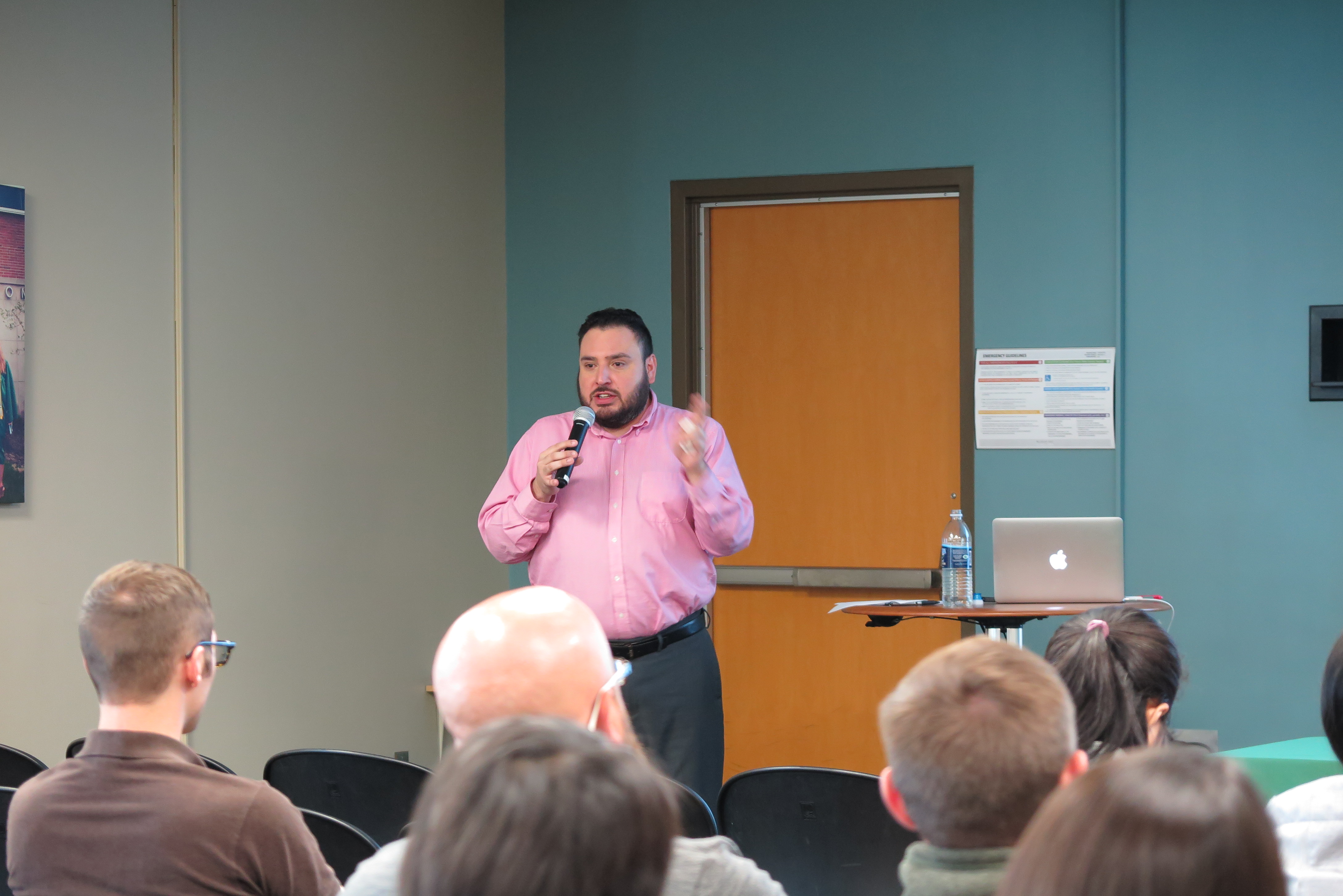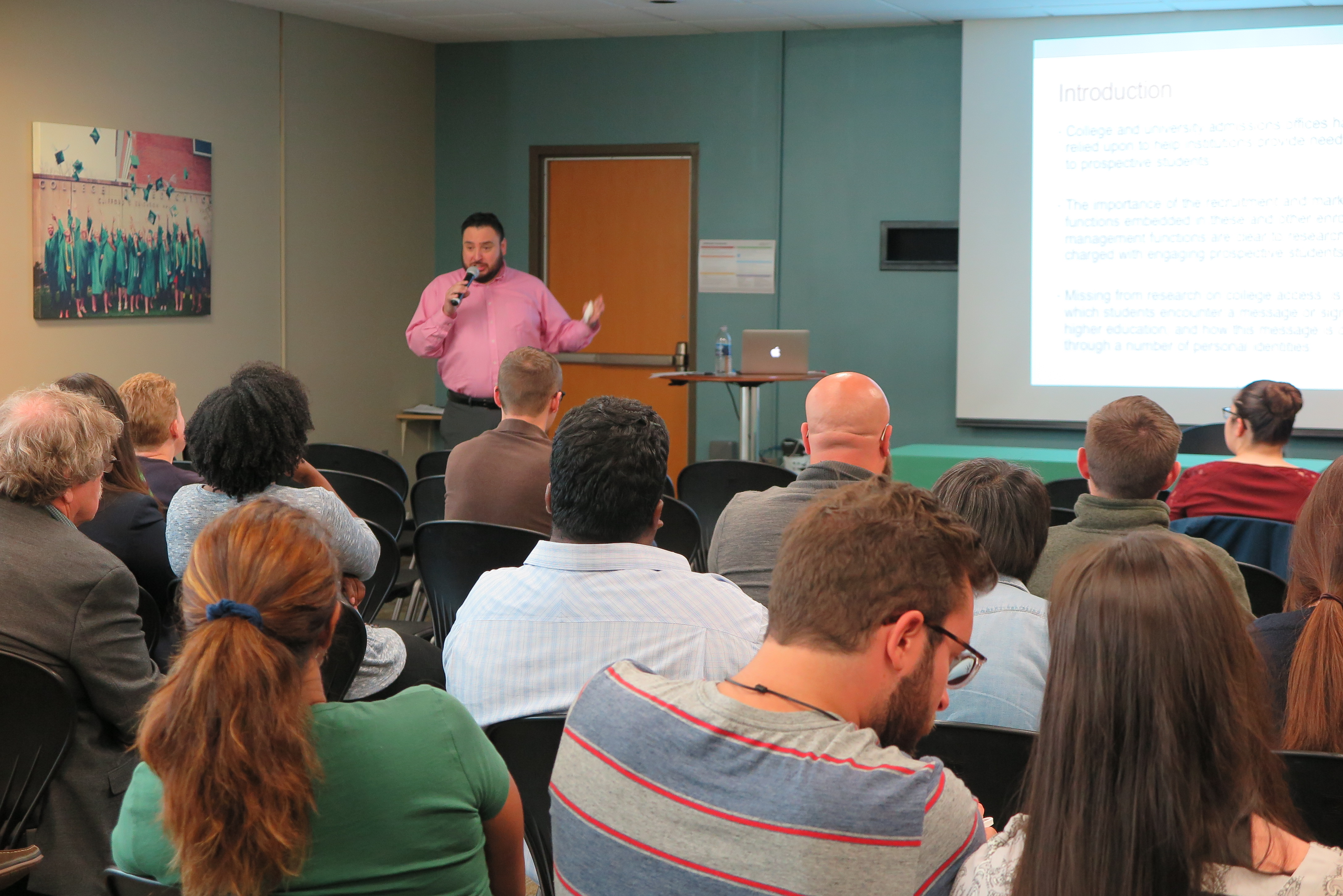A Conceptual Model of College Going and Choice: An Identity Economics Approach
Taking guidance from the expansive literature on college choice and going, Dr. Serna proposes a new conceptual model of college going and choice.


Taking guidance from the expansive literature on college choice and going, I propose a new conceptual model. Relying on four, well-known, conceptual, theoretical, and analytic approaches: economic, sociological, information processing, and combined theories of college choice, I provide initial direction accompanied by a formal conceptualization of the function that signaling and identity play within each of those processes. The proposed framework formally includes identity as part of a student’s enhanced and expanded utility function while integrating varied and recognized factors that influence students’ choice and going decisions with special reference to the signals they receive from pre-college actors, individual institutions, and the field of higher education in general. I also consider the implicit and explicit assumptions about valued and less valued identities in terms of insiders and outsiders in college going and choice. Its main contribution however, is that it places students’ identities and signaling at the center of discussions around college choice, facilitating careful consideration of how insider and outsider categories could help higher education to follow through on its public-service mission and enhance overall college access.



